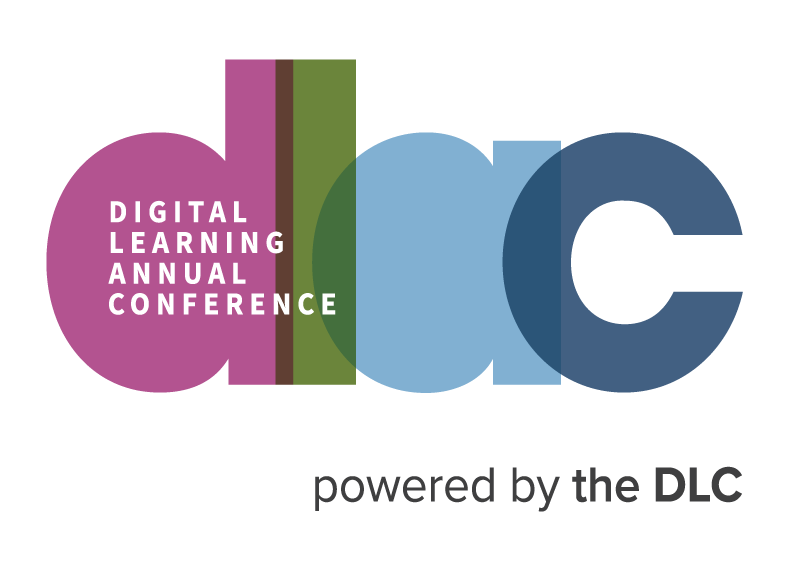DLAC 2023 Topics, Themes, and Tracks
Want a taste of what #DLAC23 sessions will look like? We are in the final stages of planning the program. Although we are on top of the latest trends and topics, many key issues remain consistent from year to year. The sessions below will give you an idea on what to expect and some sessions you will see at DLAC 2023!
For the full agenda click over to our 2023 Program Page. For an overview, read on!
Remember that, as explained on our Conference at a Glance page, our day pattern is as follows:
Tuesday Feb 7: Online opening to DLAC with breakout sessions
Monday - Wednesday, February 13-15: Online AND onsite sessions, starting on Monday at 1pmCT and ending Wednesday at 12:30CT.
Let’s talk about DLAC Onsite in Austin. As explained on our Session Types page, we once again have a wide variety of session types, to allow you to select from shorter or longer (seven to 75 minutes!), and to choose your level of active participation. Contributed talks are 15 minutes of sit-and-get followed by five minutes of Q&A; Pecha Kucha’s are all “sit back and enjoy”; table talks are entirely “join the conversation”; and workshops are somewhere in between.
Here are a few session titles that capture some of our main session types and themes of #DLAC23:
To see the full list of sessions, visit the 2023 Program page!
Now let’s look at DLAC Online, which is built around three tracks:
Blended Teachers
Online Teachers
Design and Refine Your Online Program for school and district leaders.
We will have a fourth virtual room with a variety of additional topics on policy, communications, and other broadly applicable issues, and a fifth virtual room live-streaming sessions from Atlanta from our Hybrid Stage.
Here are a few session titles we have lined up in each track to give you an idea of what to expect!
Addressing the Challenges of Rural Communities Through Partnerships – Cindy Hamblin – Virtual Learning Leadership Alliance and Jason Neiffer – Montana Digital Academy (Contributed Talk)
Elementary Online Learning: Building a Community of Educators Committed to Equitable and Developmentally Appropriate K-5 Virtual Learning – Lana Peterson – University of Minnesota and Holly Skadsem – Bloomington Public Schools (CT)
Hybrid Schools in Action: Student-Centered, Innovative, and Flexible Learning Models – Kim Loomis – i3DigitalPD, Dan Mahlandt – Valor Preparatory Academy of Arizona
Learning Visibility: How to make your online classroom more inclusive for all learners – Cassie Pierce and Andrew Senkowski– SYS Education (Table Talk)
Practical Digital Data Collection for IEPs and Interventions – Aisha Perry and April Hughes – Fulton Academy of Virtual Excellence (Workshop)
Our goal is to offer a larger range of topics than ever, for everyone from the most experienced online learning leaders to the districts starting a virtual program for the first time!


